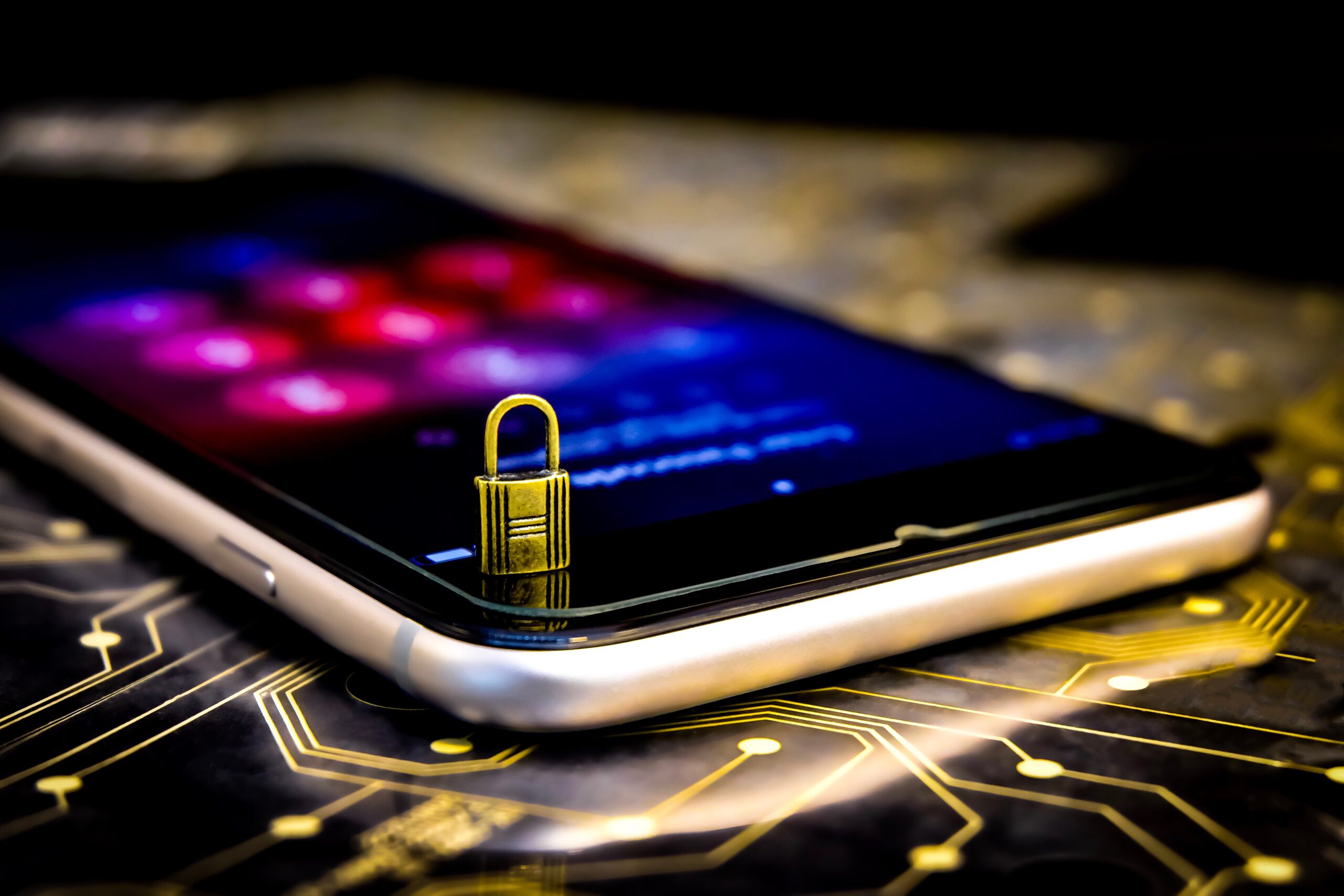Boosting Your Online Safety
October is Cybersecurity Awareness Month, the perfect time to assess and practice secure online safety. In today’s digital age, online safety is more important than ever.
We’ll share ten essential tips to help safeguard your sensitive data, increase your awareness of phishing scams, and maintain your privacy on social media. Let’s collectively take steps to ensure our digital world remains a safe and secure place for all.
Safeguarding Sensitive Data
Your sensitive information deserves the highest level of protection when practicing internet safety. Strategies like multi-factor authentication and secure online practices will help fortify your defenses against unauthorized access.
Use MFA (Multi-Factor Authentication) Everywhere
Implement MFA (multi-factor authentication) for accounts that store confidential information, such as banking or credit card information. An MFA is beneficial for your online banking and online shopping accounts where you may store your credit card number or bank details. This extra layer of protection prevents unauthorized access if your password is compromised.
Secure Passwords
Ensure your passwords are complex and unique for each account. Consider using passphrases, which are easier to remember and more challenging to crack.
Avoid using easily guessable information like birthdays or names. Consider using a reputable password manager to store and generate strong passwords for your accounts securely. This simplifies the process of managing multiple complex passwords.
Be Cautious with Email Content
Email is not always a secure means of communication. Avoid sharing sensitive information like Social Security numbers or financial details via email. Request permission to access your secure online accounts with your bank, accountant, or financial advisor. These secure online platforms enable you to share important documents and information in a password-protected way.
Phishing Awareness
Threats of phishing attempts occur more often within the interconnected digital world. Recognizing and defending against phishing scams is crucial to ensuring digital safety.
Recognize Phishing Attempts
Be vigilant for suspicious emails, especially those asking for personal information or urgent action. Look for misspellings, generic greetings, and unusual sender addresses.
Verify Requests
Before replying to an email asking for personal or financial information, verify the request with a trustworthy source.
No-Click Approach
Always exercise caution when clicking on links or downloading attachments in emails. Take a no-click approach by navigating directly to websites or online account logins. It may take longer, but you’ll gain reassurance that you’re not introducing malicious content onto your devices.
Before opening attachments or clicking links, ensure the sender is trustworthy and check where the links lead. Or, if checking email on your mobile devices, select the sender’s name to view their legitimacy.
Privacy and Social Media Safety
Maintaining digital security and safeguarding your data extends to your social media accounts. In today’s age of increased social shopping, personal information is frequently shared on these platforms. Fortunately, there are ways to navigate social networks while ensuring data protection securely.
Review Online Privacy Settings
Regularly review and adjust your privacy settings on social media accounts. Keep personal information (like email addresses) private, and only share sensitive details with people you trust.
Be Cautious About Sharing
Exercise caution when sharing personal information, such as your full birthdate, address, or phone number, on social media. Cybercriminals often use this information for identity theft or social engineering attacks.
Accept Friend Requests Carefully
Be selective when accepting friend or connection requests. Verify the requestor’s identity, and avoid adding unknown or suspicious profiles to your network. Ensure that the “person” is also exhibiting trustworthy online behavior while on the platform.
Beware of Phishing Links
Be cautious of links shared on social media, especially those from unfamiliar sources. Phishing attacks can happen through seemingly harmless links on social networks.
Remember that staying safe online is a shared responsibility. The items above will help you practice good online hygiene to protect yourself and provide the necessary security measures for you and your family. Stay informed, stay cautious, and stay secure in the digital age.




